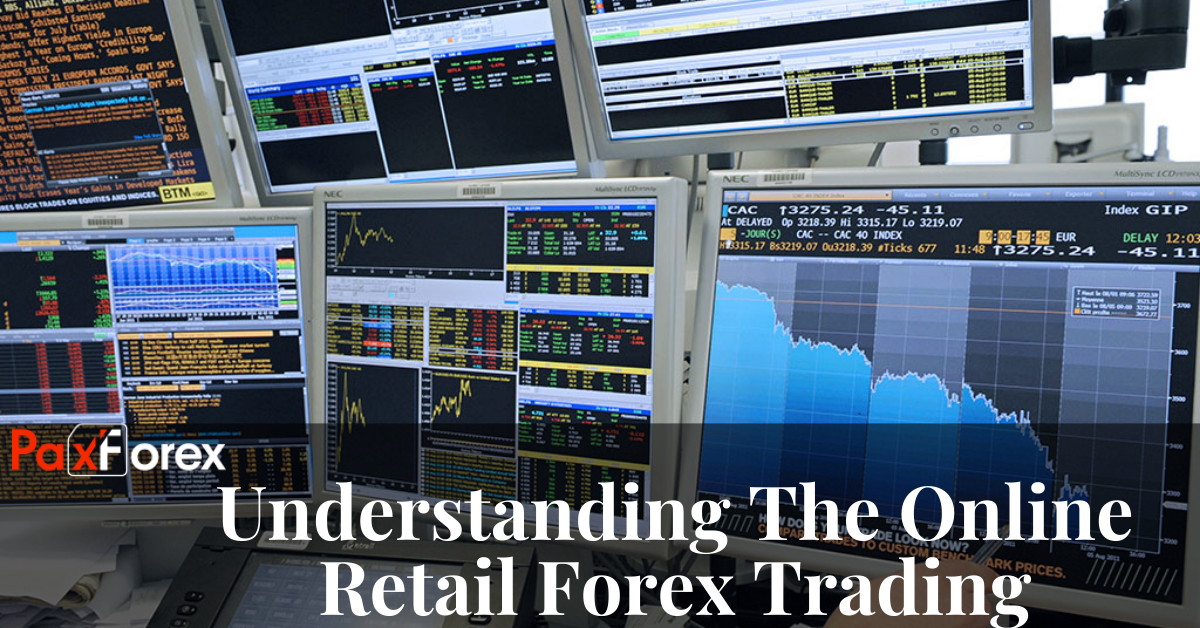
The Foreign Exchange Market, also called Forex (FX), is the global market for currency trading. With a daily volume of more than $5 trillion, it is the biggest and most exciting financial market in the world. Basically, the Forex market is where banks, businesses, governments, investors, and traders come to exchange and speculate on currencies. The smaller part of forex trading is called the retail or individual forex market, and anybody can trade this market with as little as $100 due to the existence of retail forex brokers.
Forex trading as it relates to retail traders is the speculation on the price of one currency against another. For example, if you think the euro is going to rise against the U.S. dollar, you can buy the EURUSD currency pair low and then (hopefully) sell it at a higher price to make a profit. Of course, if you buy the euro against the dollar (EURUSD), and the U.S. dollar strengthens, you will then be in a losing position. So, it is important to be aware of the risk involved in trading Forex, and not only the reward.
Most currency pairs move less than one cent per day, representing a less than 1% change in the value of the currency. This makes foreign exchange one of the least volatile financial markets around. Therefore, many currency speculators rely on the availability of enormous leverage to increase the value of potential movements. In the retail forex market, leverage can be as much as 250:1. Higher leverage can be extremely risky, but because of round-the-clock trading and deep liquidity, foreign exchange brokers have been able to make high leverage an industry standard in order to make the movements meaningful for currency traders.
Retail Forex traders access the market indirectly either through a broker or a bank. There are two main types of retail Forex brokers that provide us with the ability to speculate on the currency market: brokers and dealers. Brokers work as an agent for the trader by trying to find the best price in the market and executing on behalf of the customer. For this, they charge a commission on top of the price obtained in the market. Dealers are also called market makers because they ‘make the market’ for the trader and act as the counter-party to their transactions, they quote a price they are willing to deal at and are compensated through the spread, which is the difference between the buy and sell price.
Forex trading is a good way to make money, but it is just like other forms of investment. It takes some education and patience. If you keep your head together, you can make some money. A retail trader who treats forex trading as a game, instead of a pronounced business, struggle to maintain his invested money and might probably lose all if proper care is not taking. On the contrary, a trader who treats forex trading as a real business ends up making consistent profit from his investment because he/she is willing to understand the language of the FX market and how the market operates.







